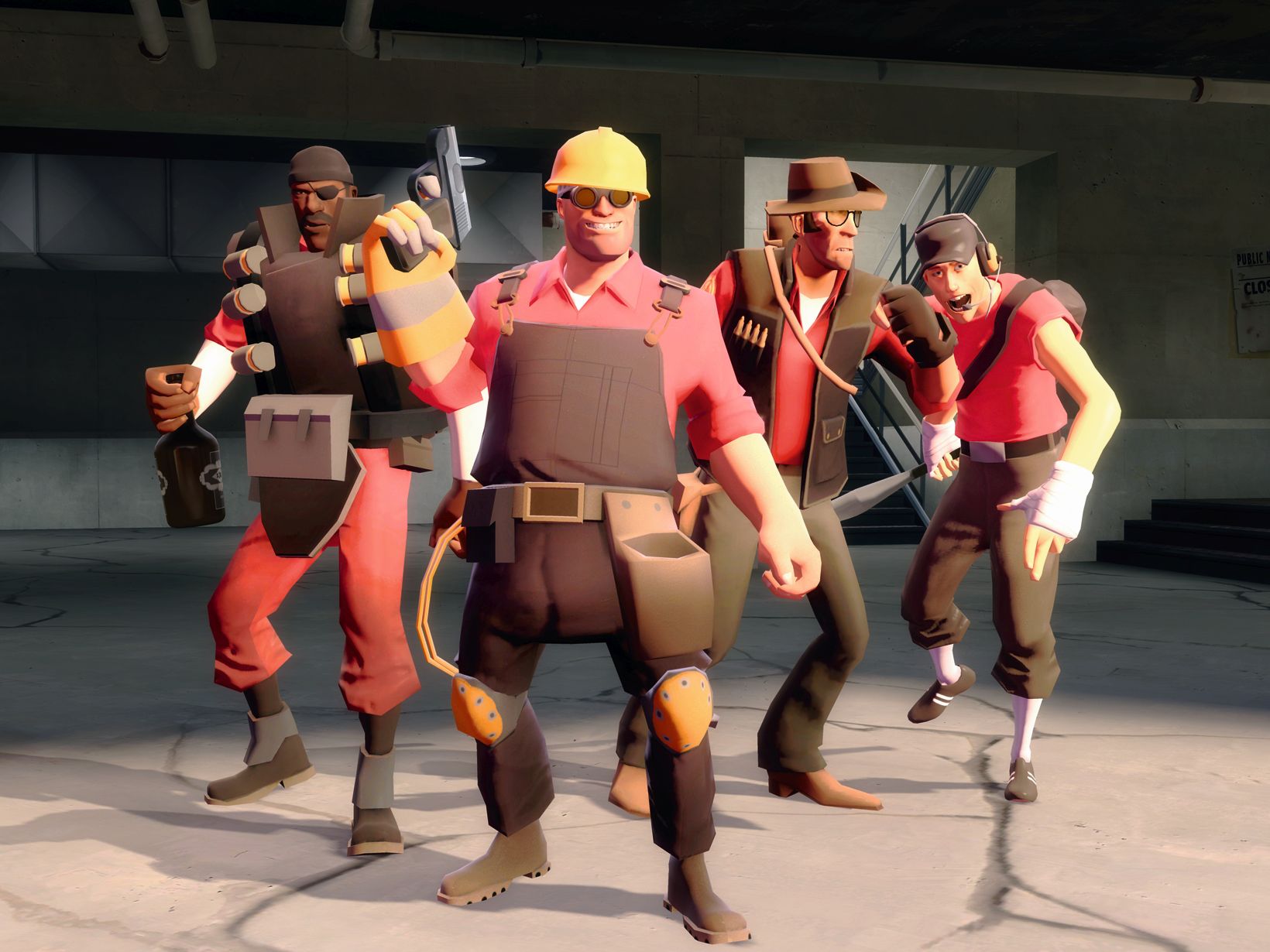
Find previous editions of the PCG Q&A here. Enjoy some past highlights below:
- Has a game ever felt like it's become your job?
- What did you buy in the Steam Summer Sale?
- What's the most disappointed you've been by a game's ending?
Today's question is inspired by some of the social media conversations doing the rounds lately about professions, which started with this tweet. We thought we'd change the subject to gaming. No matter what games you love, you'll always read or hear opinions on them that you disagree with. Maybe it feels like people aren't getting the thing that's good about the game in question, or perhaps they don't see why something is important to PC gaming when you do.
Well, let's complain about those people. Today's PCG Q&A: What does no one seem to understand about a game you love? Leave your answers in the comments.
James Davenport: The intricacies of Dark Souls' lore don't matter
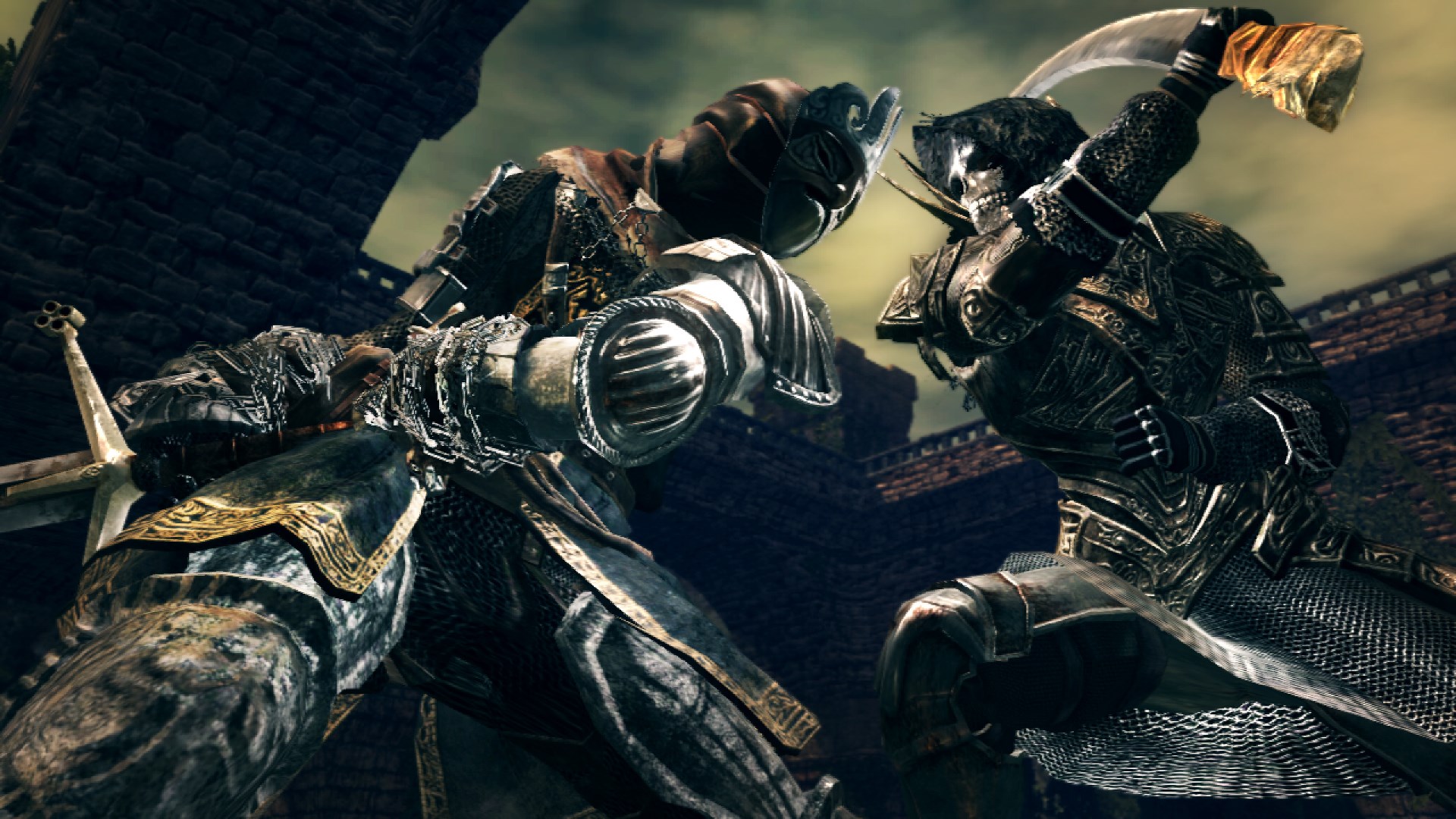
Just let that imagery wash over you. Read item descriptions, sure, but to play Dark Souls—any of them—you don't need to know a goddamn thing about the story. There's a history there if you want to dig deep, but I play games like I read books the first time through: I just go. Getting hung up on every paragraph in a Pynchon novel (I'm that guy, sorry) means you'll never finish the thing. Same goes for Dark Souls. You'll start to notice patterns and catch onto its bleak themes naturally. Too often I hear about people turned off not just by the difficulty of Dark Souls, but by the fantasy setting—decrypting obtuse histories with long-winded family trees ain't easy either—and how little it outright tells you about anything.
At risk of sounding like an English major (I'm an English major), Dark Souls is a poem. It doesn't need to be understood. It needs to be felt. And it feels metal as hell. So bleak. Here's my take: humans are the worst. We're always hungry, easily bored, envious, anxious, destructive beings. Committing every scrap of Dark Souls lore to memory will tell you the same thing over and over with different players, and that's the point. So, memorize those names if you want to, or just take a nice, depressing, self-critical bath in Dark Souls assurance that we're screwed and it's our fault.
Evan Lahti: Team Fortress 2 is the most influential PC game of the past decade
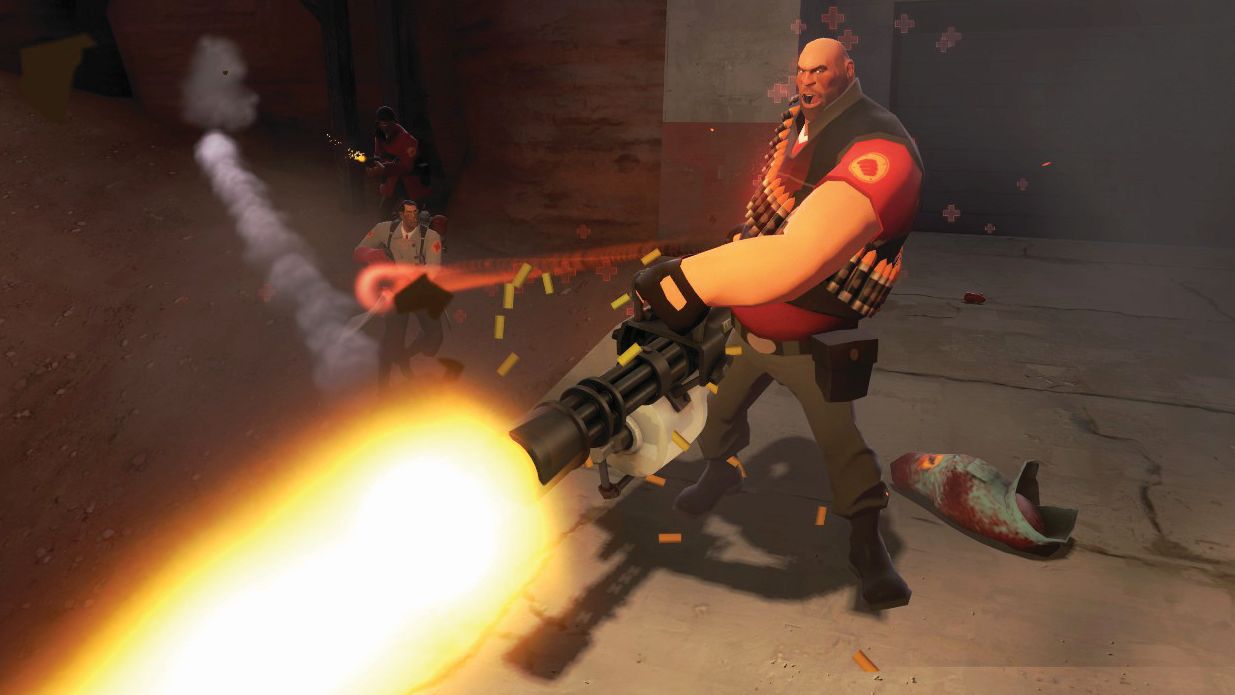
Many of the most significant trends in PC gaming were guinea pigged and test tubed in Team Fortress 2. The modern, living multiplayer games began with the "Sniper vs. Spy" update in May 2009. TF2 can be credited for the style of multiplayer storytelling seen in games like Overwatch—the way characters chatter with each other dynamically mid-match, and the way games' stories are told outside them, bleeding into marketing, teasers, comics, and other media in a way that we almost expect at this stage. Stuff we take for granted like characters being reinvented for the benefit of shaking up the meta—the way we react to a shotgun rebalance or guided rocket in Fortnite—started in TF2. The ubiquity of loot boxes and cosmetics, which TF2 popularized. And though it's almost hard to remember at this point, the destigmatization of free-to-play as a model for PC games in the West—in 2011, many PC gamers associated free with an absence of quality.
Tom Senior: You don't have to be interested in WW2 to enjoy Company of Heroes
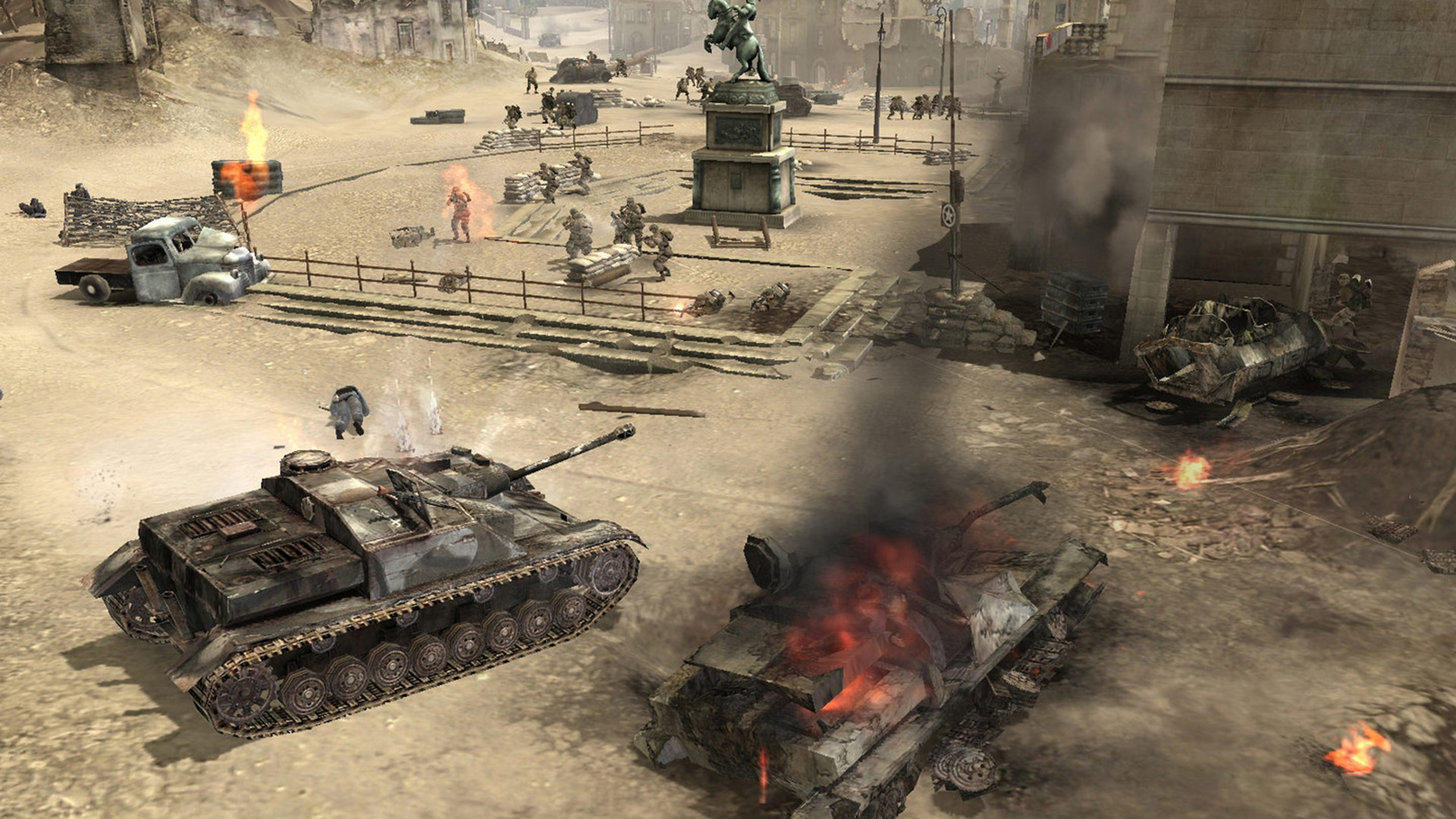
Games based on historical conflicts sometimes target a specific group of players who are really into that particular era, but you don't need to have an appreciation for authentic Sherman patterning to enjoy a quality RTS like Company of Heroes. I appreciate the dedication of the art teams that want to accurately present companies that really fought in the war, but to newcomers historical accuracy can imply that you need a dense understanding of the setting to get the relationships between different units.
In some serious strategy sims, you do, but Company of Heroes applies abstracts units' strengths and weaknesses into a familiar rock-paper-scissors pattern that anyone can learn. Unit and vehicle speed have been balanced out so you can perform combined arms attacks in a small space without jeeps hurtling off into the sunset. Artillery has been adjusted so it doesn't completely destroy half the map. It's an intense game, but perhaps not in the way you might assume. If you're used to fantasy and sci-fi RTS games, why not grab it in a Steam sale and see.
Keep up to date with the most important stories and the best deals, as picked by the PC Gamer team.
Andy Kelly: The open world in Mafia II isn't important
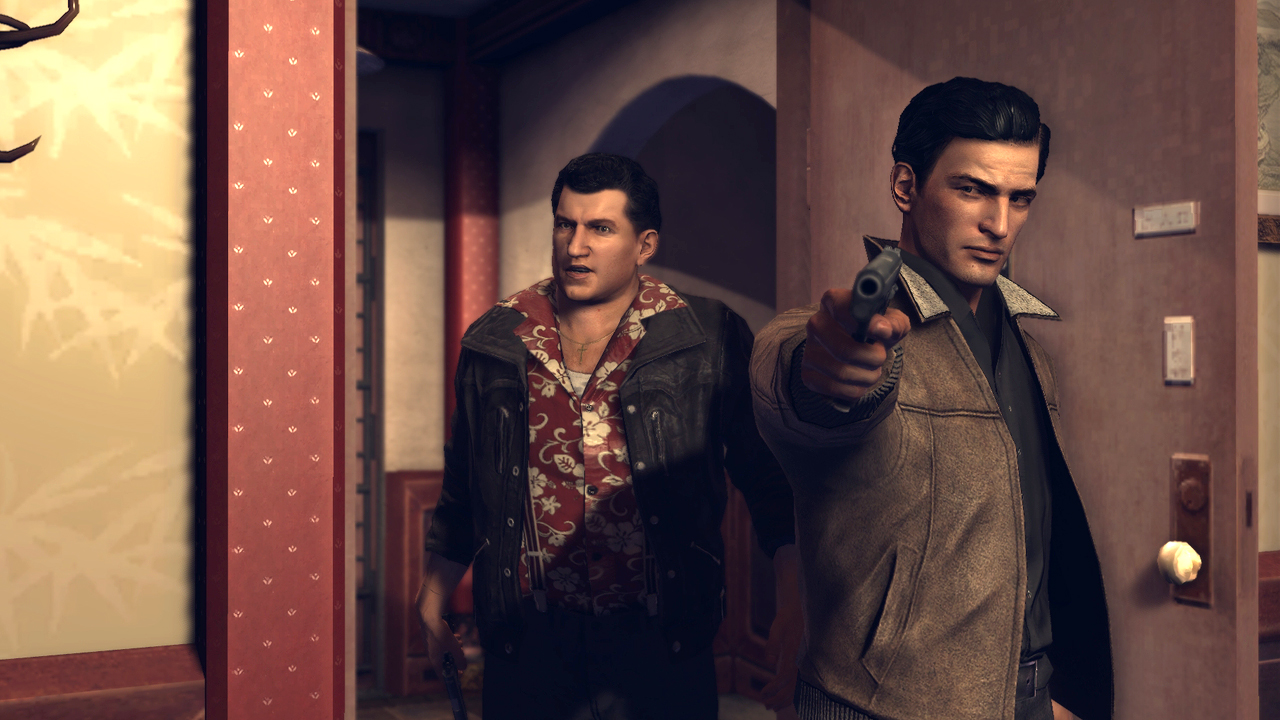
A lot of people get hung up on the fact that Mafia II's open world is pretty bare bones. I remember reviews at the time criticising the fact that there was 'nothing to do', meaning a lack of GTA-style side missions and distractions. But to count that against the game is missing the point spectacularly. Mafia II is a linear, heavily narrative-focused action game, telling a superb story across several time periods. And the city, as pretty and inviting as it is, is really just an elaborate backdrop to the action.
When you realise this, and retune your GTA-wired brain, you'll realise how good Mafia II really is. It's not trying to present a world full of stuff to do, but using its city to tell what is, to me, one of the best stories on PC. There are a few collectables, such as those infamous Playboy magazines, but I wonder if the developer felt like it had to include something to encourage exploration. But it really didn't need to, because Empire Bay is an incredible virtual city, regardless of how 'empty' it is.
Andy Chalk: Thief's "monster missions" are the best and anyone who says otherwise is wrong
Thief's "monster missions"—Bonehoard, Lost City, Return to Cathedral, and the like—are not just the best parts of the game, they're the most important. Thief is a fantastic narrative B&E sim, no doubt, but what makes it magic is, literally, the magic, and the monster missions are the spark that gives it life: Whether you're breaking into Bafford's or rummaging through Rampone's, in the back of your mind is the knowledge that somewhere out there is a world far greater and more wonderful (and terrifying) than the cold, stoic pragmatism that gets Garrett through the day. Garrett's sole "supernatural" ability reflects that dissonance—wounded by magic and healed by mechanics, he's simultaneously better and worse for his encounters with both. That division is central to the genius of Thief, and it's impossible without magic and the monsters it spawns: Politics are dirty and Garrett's gotta pay the rent, but the real world—the world that gives Thief its unique and brilliant life—lies beneath.
Samuel Roberts: Blitzball in Final Fantasy X is a pretty good minigame, but you have to learn it
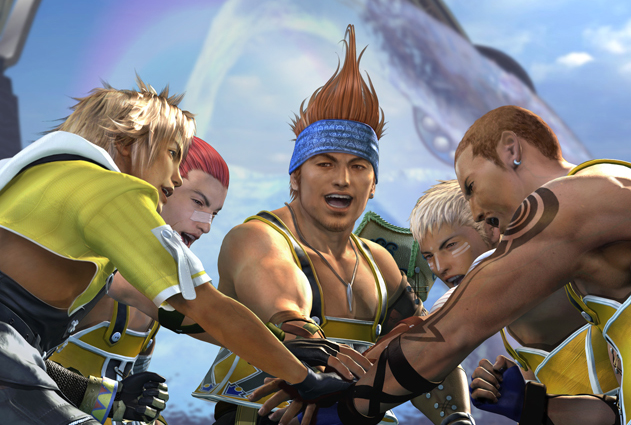
I've never met anyone who likes Blitzball in Final Fantasy X except me. It's basically underwater football—or more accurately, polo, I'm told, but I don't know what that is—since everyone in the game's tropical universe can hold their breath forever. It's built entirely on roleplaying-style stats, with numbers representing shooting power, blocking, passing and so on. You can also recruit players who are just wandering around the game's world, making it feel like a real part of its fiction and not just a distraction.
Problem is, it's really hard when you start. You only have to play one game as part of the story, and it's ludicrously difficult. It's only later, playing against some lesser teams and understanding what the different numbers mean, that you start to get it. After ten or so matches and with a stronger roster, it becomes clear that it's a deep, interesting and challenging minigame that's worth playing.
Joe Donnelly: Football Manager is great fun, even if you don't like football

I'm going to sort of copy Tom here. On the face of it, Football Manager targets a specific group of players: those who're into football. If you hate football, Football Manager probably isn't for you. That's obvious. But if you like football, or if you can simply stand it—enough to select a team, set a training schedule, and handle innocuous questions from the press on a semi-regular basis—then I think you'll like Football Manager. If you can follow the above and are also interested in strategy sims, I'm convinced you'll fall for it.
Because at its heart, Football Manager is a strategy game about balancing numbers, managing statistics, gambling on variables, and leading one team to victory over several others. There's fewer guns and tanks and less colonising than the average wargame, granted, but signing up and coming superstars and lifting trophies provides similar thrills. If I were English, I'd sign off with something cheesy here, like: give Football Manager a try and bring football home. But I'm Scottish, which means I play Football Manager to ensure my pathetic national team stands a chance of actually qualifying for a major international tournament. France '98 is but a distant memory.
The collective PC Gamer editorial team worked together to write this article. PC Gamer is the global authority on PC games—starting in 1993 with the magazine, and then in 2010 with this website you're currently reading. We have writers across the US, UK and Australia, who you can read about here.


